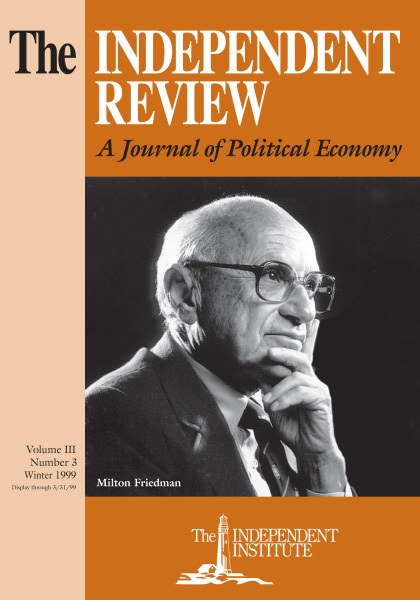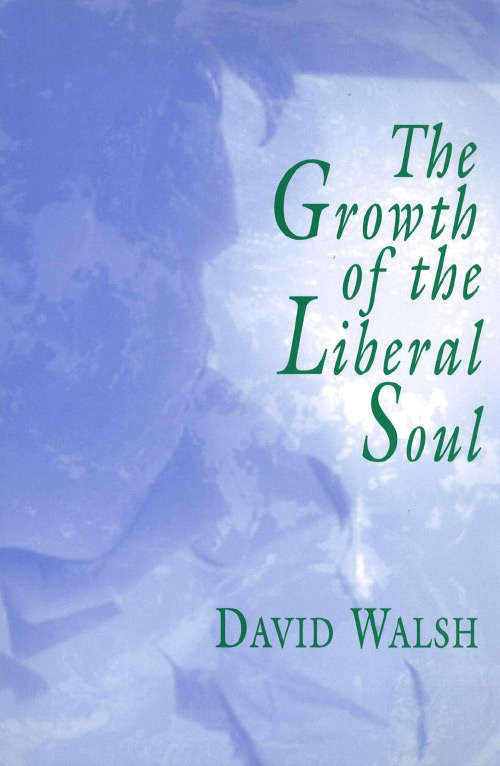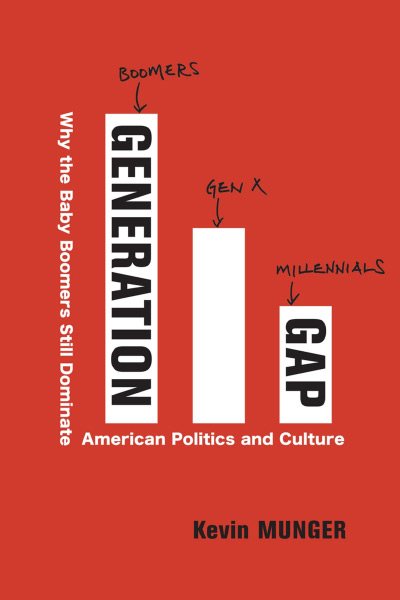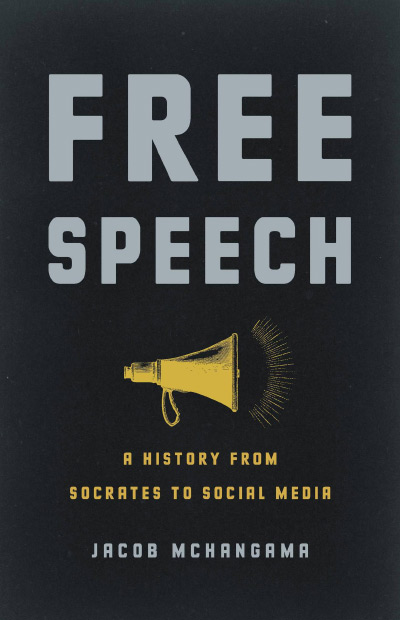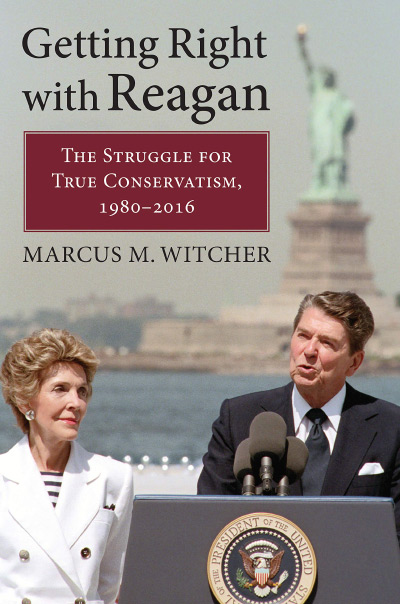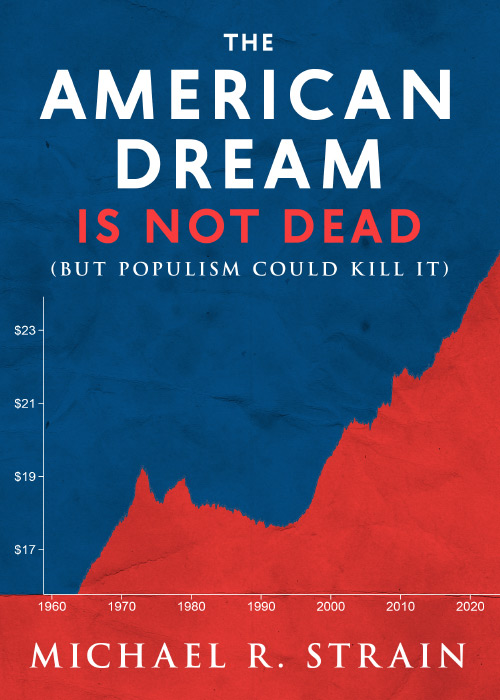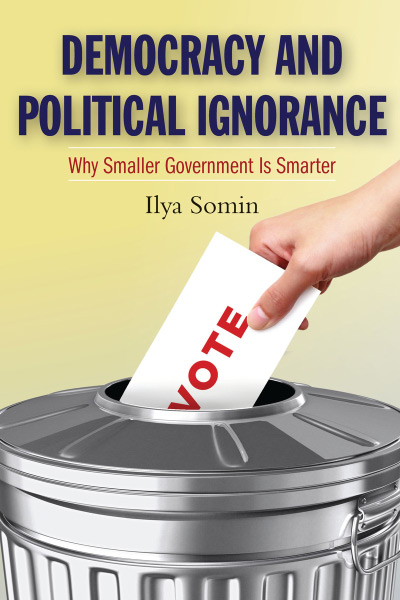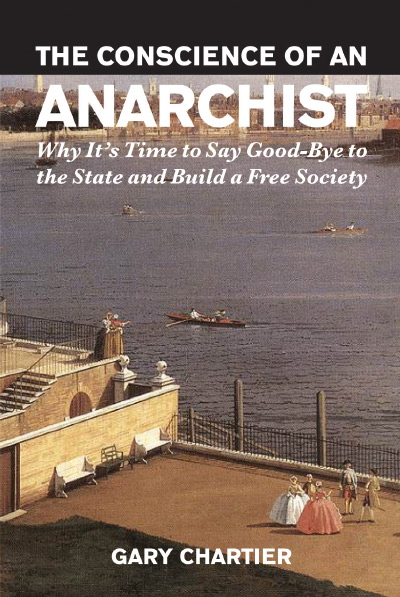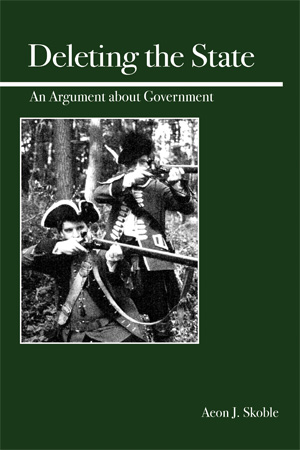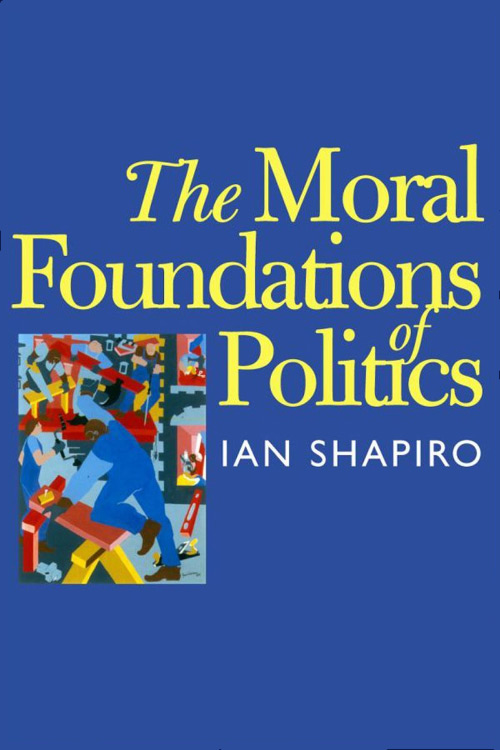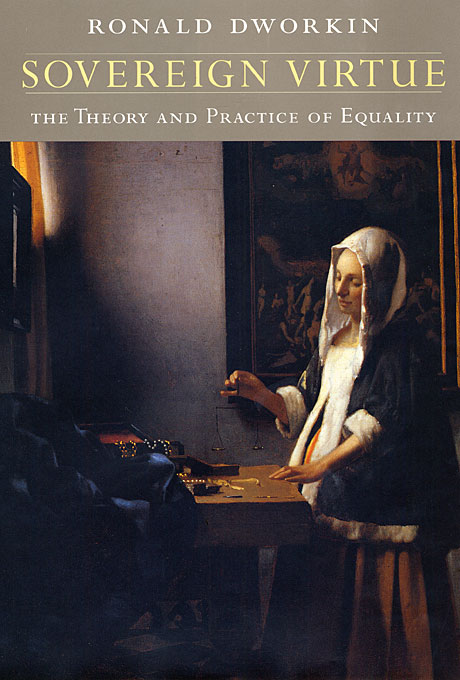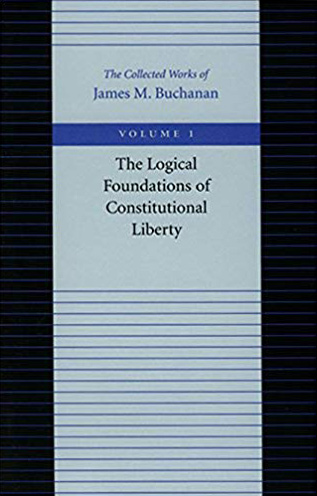“There is first of all the difficulty of being heard at all,” David Walsh writes in the introduction to his new book on the liberal political tradition, The Growth of the Liberal Soul. Indeed, Walsh does not enjoy much name recognition in academic political theory, and copies of his book are hard to find. He does not improve his predicament by warning that his distinctive approach to liberal political thought has few if any practitioners today and saying that the “only demonstration” of his thesis consists in patiently “undertaking the journey” traced by the whole book. But as one who was lucky enough to come across Walsh’s book and accompany him on the journey, I wish to testify that his contribution to liberal thought should be widely read and taken seriously.
According to Walsh, liberal politics is in deep crisis. Liberalism has more or less managed to hold centrifugal forces—namely, those of religion, class, and race within itself since John Locke’s time. But Walsh says that the present crisis is new: “The corrective centripetal forces have all but disappeared” (p. 15). The latitudinarian Judeo-Christian consensus that long served as the moral core of liberal society is now pushed to the margins in service of the dogma of diversity. The prospect of equal opportunity and endless economic growth, which has quelled class divisions for three centuries, now entails great sacrifices of certainty and security. Where once Martin Luther King, Jr., stirred Americans “to speed up that day when all of God’s children, black men and white men, Jews and Gentiles, Protestants and Catholics, will be able to join hands,” God is no longer so publicly available to help bring the races together. Hence the rancor and hollowness of public life have increased.
In the academy, liberal thinkers have lately been unable “to find an intellectually compelling justification . . . sufficient to stop the endemic unraveling tendencies of liberalism” (p. 23). There is no theoretical consensus on the meaning and justification of the liberal order, especially one commensurate to liberalism’s former self-assurance in its struggles against feudal aristocracy, absolutism, and totalitarianism. The “deontological,” “nonfoundationalist,” and “post-metaphysical” tack many liberals in the academy have taken recently, eschewing any basis for liberalism in human nature or ultimate reality, signals to Walsh that liberals can no longer justify what they believe and portends that someday they will not believe in anything.
Although the liberal tradition seems no longer capable of probing its own moral depths, Walsh stresses that liberalism does at present retain a deep reserve of conviction about its own rightness and remains the authoritative public truth. This situation gives Walsh cause for optimism. The moral inarticulacy of liberals shown by their increasingly exclusive reliance on cold, brittle concepts such as “autonomy,” “values,” and “conceptions of the good“can be repaired, and the spirit of liberalism renewed. Walsh believes all this because he believes that liberal convictions are lodged somewhere beyond articulate discourse. “The liberal construction continues to function, albeit less confidently and less consistently, because it embodies an authoritative moral truth that resonates with the deepest intimations of who we are” (p. 78). This notion, that liberalism rests not on propositions but on an intimation, borrows openly from Michael Oakeshott, the twentieth-century English philosopher, who wrote that in politics “every enterprise is a consequential enterprise, the pursuit, not of a dream, or of a general principle, but of an intimation” (Michael Oakeshott, “Political Education,” in Liberalism and Its Critics, edited by Michael J. Sandel [New York: New York University Press, 1984], p. 230).
But why should we think about liberalism in this way, and what is liberal politics an intimation of? Here Oakeshott, Alexis de Tocqueville, and Aristotle converge to suggest an answer. Those three philosophers agree that the greater part of moral virtue is acquired through actions rather than precepts, and that a person who has rarely acted virtuously will have only the barest intimation of what virtue is. Virtues are not like sensations, observed Aristotle, because in the case of the virtues, “we acquire them as a result of prior activities” (Nichomachean Ethics, 1103b). The same is true, according to Tocqueville, of the liberal notion of dignity. Unless dignity is realized in the active and regular self-responsibility of actual citizens, and not merely postulated, liberty will eventually lose its true defenders and give way to the more universally palpable imperatives of safety, compassion, easy self-esteem, and comfortable well-beingall inviting the spread of tutelary democracy. Thus Tocqueville called the genuine love of freedom “a privilege of noble minds which God has fitted to receive it“something “meaner souls, untouched by the sacred flame,” would find “incomprehensible” (The Old Regime and the French Revolution, translated by Stuart Gilbert [Gloucester, Mass.: Peter Smith, 1978], p. 169). The true value of liberty is manifested only through its noble exercise, in which the soul pursues an intimation and grows to appreciate it. Or, as Walsh writes, the liberal order is “an order that, not being something that can be maintained indifferently by every human type, depends for its flourishing on the capacity to evoke those qualities in its citizens that are its living foundation” (p. 98).
The circularity of this reasoning will no doubt disappoint those who think that political theory must assemble iron chains of logic from minimally controversial premises. Yet at the same time, the realization that the true value of freedom is not universally demonstrable allows us to accept that liberalism flows to us through a tradition that is still living, accessible, and precious. This is the liberal tradition articulated by those noble minds, from Locke to John Stuart Mill, who felt the positive value and purpose of freedom. Walsh calls on us to immerse ourselves in this liberal tradition and to learn from it. It differs from the liberal thought of our century, for which liberty, having lost most of its intrinsic and constitutive appeal, serves mainly to promote economic growth, shield us from fearsome dictators, and free us to pursue our various conceptions of the good. To move from John Rawls’s Political Liberalism (1993) to Mill’s On Liberty or Locke’s Thoughts Concerning Education is to leave a world where liberals think mostly about things such as “reasonable comprehensive doctrines” and to enter a world in which liberals were keen on finding ways consistent with liberty to effect the “mental expansion and elevation” of citizens and to “produce virtuous, useful, and able men,” making human beings both worthy and enamored of their freedom.
Some of today’s liberals will not want to return to such views, which imply that freedom actually asks for something from human beings beyond tolerance and civil behavior. But Walsh argues that the current notion of liberal freedom, which is practically “stripped of all intimations of direction” for human beings, is really a case of liberal amnesia that has been worsening over time. What is more, the forgotten teleology of liberal freedom is inextricably rooted in religious faith, from which individual liberty must derive its meaning. The middle section of his book is devoted to establishing this provocative thesis through an impressively learned and rich tour through the landmark thinkers who have developed, influenced, or shed great light on the liberal traditionHooker, Hobbes, Locke, Rousseau, Kant, Hegel, Tocqueville, Mill, Nietzsche, and, in a surprising but appropriate turn, Dostoyevsky.
Walsh uses this tour to argue that liberalism, with its emphasis on individual dignity and freedom, is a secularization of Christianity that has forgotten its transcendent source and yet remains dependent on that source for its ultimate justification. The argument that liberalism is secular Christianity is not new; Karl Marx and sociologists such as Louis Dumont have observed as much. But Walsh adds that liberalism is not designed to leave its broad religious orbit, and that the liberty we inherit through the liberal tradition contains an intimation of what we are to do with it. At its Lockean beginnings, Walsh reminds us, liberalism was a form of latitudinarian theocentrism, quite far from the anthropocentric liberalism of today. The inviolability and dignity of individuals derived from the conception of them as God’s servants sent into the world, and liberty was established to let human beings grow freely in faith and develop a virtuous self-responsibility pleasing to the Creator. Walsh goes further, arguing that Locke was a sincere and profound Christiannot a closet atheist as some interpreters would have itwho believed that the most adequate understanding of Christianity necessitated the liberal political order he outlined in The Second Treatise of Government and A Letter Concerning Toleration.
Much has happened since Locke’s time to loosen liberalism from its religious mooring, but Walsh argues that liberalism cannot completely break with its founding father’s religious understanding of freedom and remain liberalism. Liberalism is ample enough to honor some non-Christian faiths and even classical Greek philosophy, but the minimum consensus of liberal society must be that each and every human being has a sacred, otherworldly essencea soulthat is capable of participating in an eternal and divine perspective through moral growth. This intimation of divinity, in human beings and in human life, is the necessary justification for individual dignity and freedom.
| Other Independent Review articles by Daniel Choi | |
| Fall 2007 | Unprophetic Tocqueville: How Democracy in America Got the Modern World Completely Wrong |
| Spring 2001 | Sovereign Virtue: The Theory and Practice of Equality |

